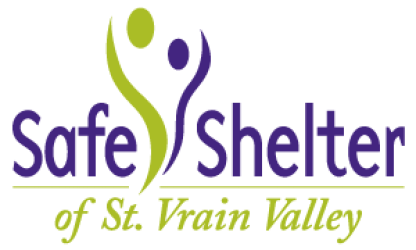DIVERSE AND UNDER-SERVED POPULATIONS
Domestic violence knows no ethnic, geographic, or chronological boundaries. Members of diverse and under-served communities often remain invisible victims of abuse due to barriers in accessing and using victim services. This could be due to geographic location, religion, sexual orientation, gender identity, race and ethnicity, and populations under-served because of special needs including language barriers, disabilities, immigration status, and age; individuals with criminal histories due to victimization and individuals with substance use disorders and mental health issues are also included in under-served populations.
Examples of barriers:
-
Many older persons may be uncomfortable talking about personal, private matters with strangers. They may fear younger professionals imposing their own generational values onto them and judging their decisions; and are less likely to report a crime afflicted by someone they personally know.
- Many nonresidents and/or non-English speaking victims may be fearful because of their legal status or do not know their rights as victims and have a heightened fear about detention and deportation.
-
Individuals with disabilities are particularly vulnerable to seeking and receiving help for a variety of reasons, including but not limited to reliance on caregivers, limited transportation options, limited access to Sign Language interpreters and assistive devices, and isolation from the community.
- Relationship abuse occurs in LGBTQ relationships at the same rate as that in heterosexual relationships, yet LGBTQ victims may be distrustful of providers and law enforcement in fear of discrimination or bias.
As part of Safe Shelter’s Inclusive Services, Safe Shelter offers quality services in an environment that is familiar and safe in an effort to break down as many barriers as possible for accessing services. Safe Shelter Advocates provide a presence as needed at the Longmont Senior Center, Center for People With Disabilities (CPWD) and El Comité de Longmont.
